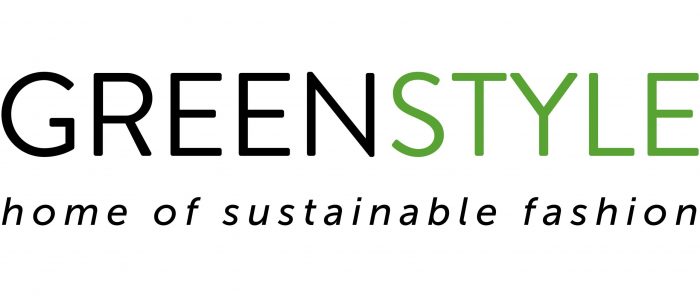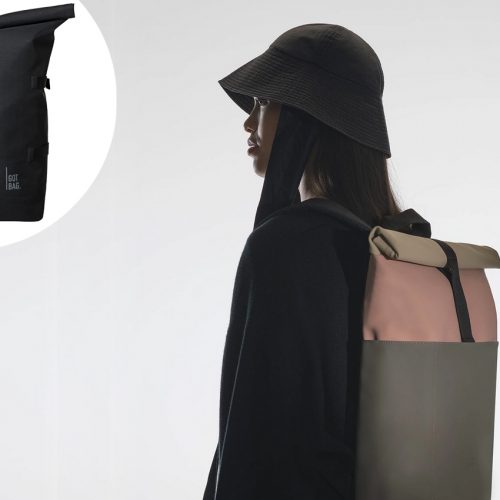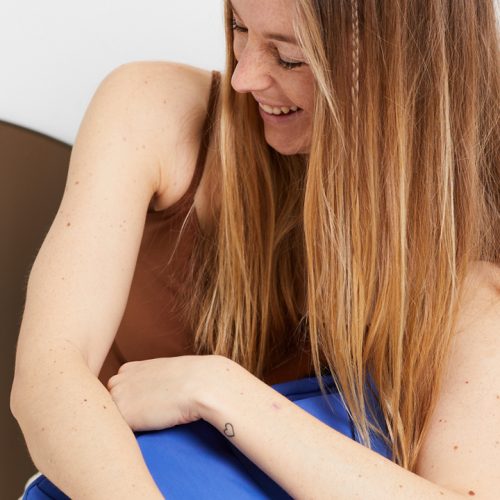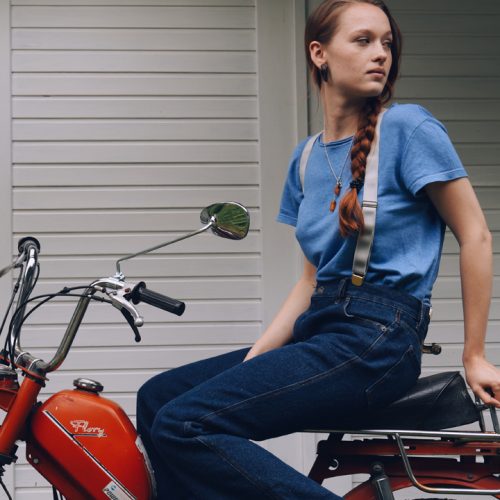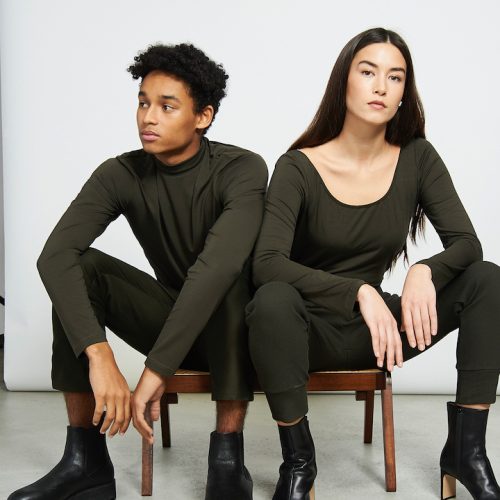Nicolas Bargi, who runs the third generation of the family company “Forest” in Milan, wanted (and still wants) to create a better world. The outerwear label Save the Duck was established from this claim in 2012. The founding idea? Geese save life. Today it’s about avoiding all animal suffering and doing better. That is why there are no goose feathers, wool, silk, mother-of-pearl or horn in the Save the Duck collections.
Save the Duck with its ‘100% Animal Free’ DNA is a brand for conscious people.
Save the Duck practically invented the down jacket 2.0 – without down but with style and respect and a lot of humor. Humor is so much easier when you do so much right. Like the fact that the in-house developed Plumtech technology is warmer, more breathable, more hygienic, easier to care for and, above all, more animal-friendly than classic down. Among other things, the Peta approved brand has been honored annually by Peta since 2014 – in 2019 even as “Peta Company of the Year”.
WELCOME TO PLANET B – where earth is green and fashion 100% animal free.
Production takes place in China, in companies with which Save the Duck has been working trustfully for years. The Interdependence Code guarantees that the suppliers do not use any animal ingredients either.
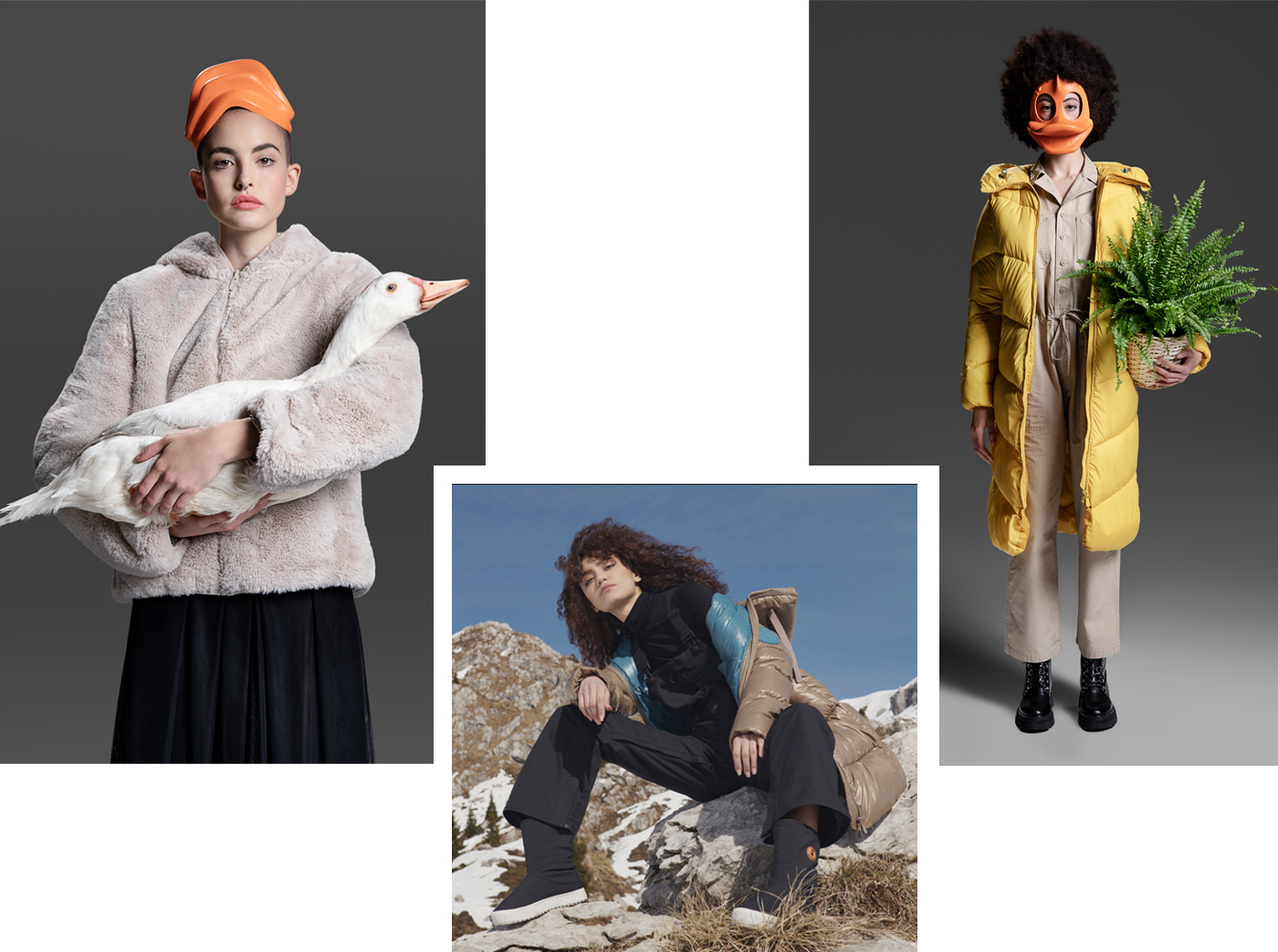
The Milanese maker knows only too well that things can be better together.
That is why there are exciting collaborations with partners such as Oxfam, WWF and Disney as well as with international fashion designers. Christopher Raeburn designed the first Luxury Capsule for Save the Duck in autumn / winter 2017/18. This was followed by Christopher Bevans from Dyne and the limited outerwear collection with M MISSONI, which reflects the DNA of both brands and combines the iconic patterns of the long-standing company with the contemporary jackets from Save the Duck. Not to forget: the coat collection for the Save the Dogs and other Animals organization, which takes care of stray dogs in Romania.
The luxury segment will get problems. Nicholas Bargi (Style in Progress)
In the meantime, Save the Duck has a relatively broad range of alternatives: from the technically sophisticated parts of the Protech line, to Eco-Fur and the Green Parkas or the recycle models, where even the Plumtech is made from used PET bottles (Recycled Plumtech®). The raw materials are of high quality and certified: Bluesign 40%, OEKO-TEX Standard 100 69%, Global Recycled Standard 7%). Wanna hear the full material story?
Good to know: Each logo color has a meaning:
Orange = 100% animal free
Green = recycled
Light blue = recycled + recyclable (cradle-to-cradle)Every single person who works in the supply chain is important. His work must be valued and appropriately remunerated.
In July 2019, Save the Duck became the first Italian company to be B-Corp certified. Means: You voluntarily commit yourself to standards regarding transparency, responsibility and sustainability. In order for this to be feasible, the corporate goal is not (only) defined by generating added financial value, but is geared towards adding value to society and solving social and ecological problems.
Our ultimate goal? A world without textile waste.
Since January 2020, the Milanese have been part of the UN Global Compact, a worldwide initiative to promote responsible corporate practices. The members undertake to adhere to ten principles from the areas of human rights, employee rights, environmental protection and the prevention of corruption in all countries in which they operate.
The United Nations Sustainable Development Goals (SDGs) are promoted with targeted measures.
The secret of the success of the good-mood brand for better thinkers? A wonderful mixture of responsible treatment of people, animals and nature, innovative spirit, good humor, perfect cuts and fresh colors. Just like the premium positioning with a democratic price, viral campaigns (Stand up to Quack!), visionary ideas, and the clear adherence to ethical values and the demand for transparency, which is anchored in the DNA. No company is 100 percent sustainable, says the company boss. But striving for ‘always more’ in terms of less impact will be the engine of success in the future.
More informations about Save the Duck. Hier klicken
